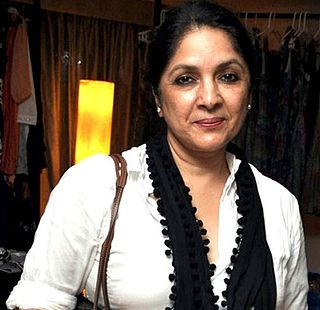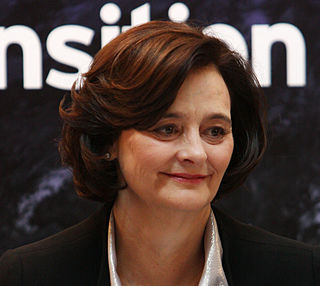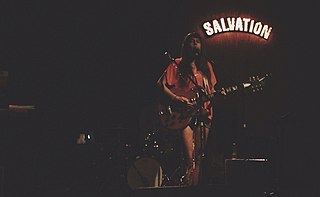A Quote by Neena Gupta
Related Quotes
Whenever I hear about a child needing something, I ask myself, 'Is it what he needs or what he wants?' It isn't always easy to distinguish between the two. A child has many real needs which can and should be satisfied. His wants are a bottomless pit. He wants, for example, to sleep with his parents. He needs to be in his own bed. At Christmas he wants every toy advertised on television. He needs only one or two.
If in the earlier part of the century, middle-class children suffered from overattentive mothers, from being "mother's only accomplishment," today's children may suffer from an underestimation of their needs. Our idea of what a child needs in each case reflects what parents need. The child's needs are thus a cultural football in an economic and marital game.
Every life and every childhood is filled with frustrations; we cannot imagine it otherwise, for even the best mother cannot satisfy all her child's wishes and needs. It is not the suffering caused by frustration, however, that leads to emotional illness, but rather the fact that the child is forbidden by the parents to experience and articulate this suffering, the pain felt at being wounded.
A child is not a Christian child, not a Muslim child, but a child of Christian parents or a child of Muslim parents. This latter nomenclature, by the way, would be an excellent piece of consciousness-raising for the children themselves. A child who is told she is a 'child of Muslim parents' will immediately realize that religion is something for her to choose -or reject- when she becomes old enough to do so.
Every child has to disobey the father. Unless a child disobeys the father he never becomes mature. It is nothing, original, it is very simple and natural. It is very psychological. There comes an age when every child has to say NO to the parents. If he does not say no to the parents he will not have a spine; he will be spineless. If he cannot say no to the parents, he will be a slave his whole life. He will never attain to individuality.
Nothing in Chomsky's account acknowledges the difference between intending to kill a child, because of the effect you hope to produce on its parents (we call this “terrorism”), and inadvertently killing a child in an attempt to capture or kill an avowed child murderer (we call this “collateral damage”). In both cases a child has died, and in both cases it is a tragedy. But the ethical status of the perpetrators, be they individuals or states, could not be more distinct For Chomsky, intentions do not seem to matter. Body count is all.
Not every child learns for the same purpose, not every child thrives in the same settings and schools. Limiting a child to just one opportunity does nothing more than limit that child's future. The way forward must involve more public charter schools, which offer parents a tuition-free alternative to their neighborhood school.




































